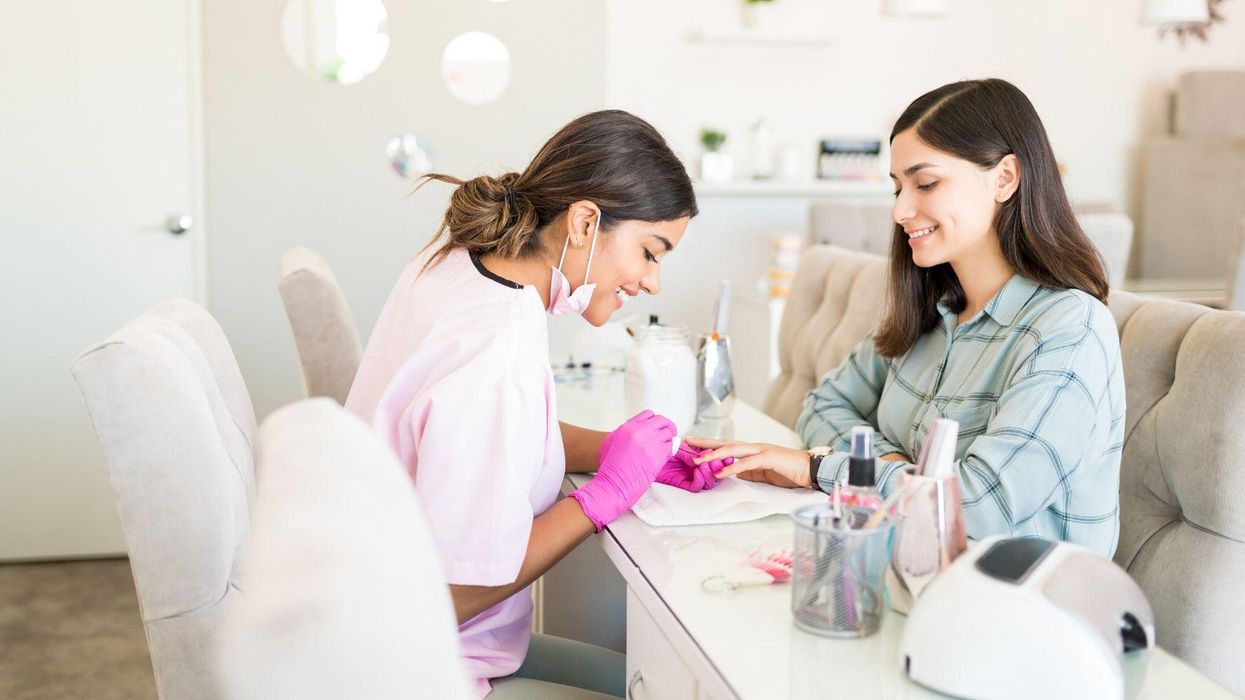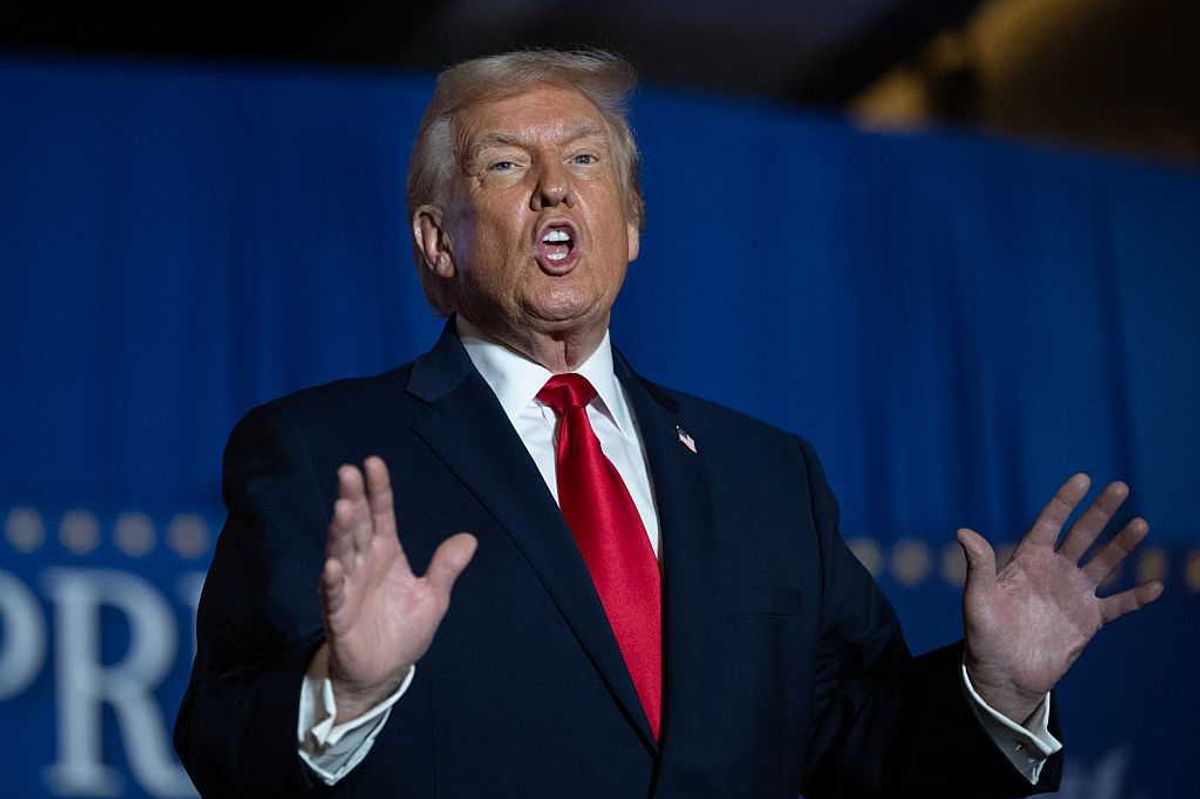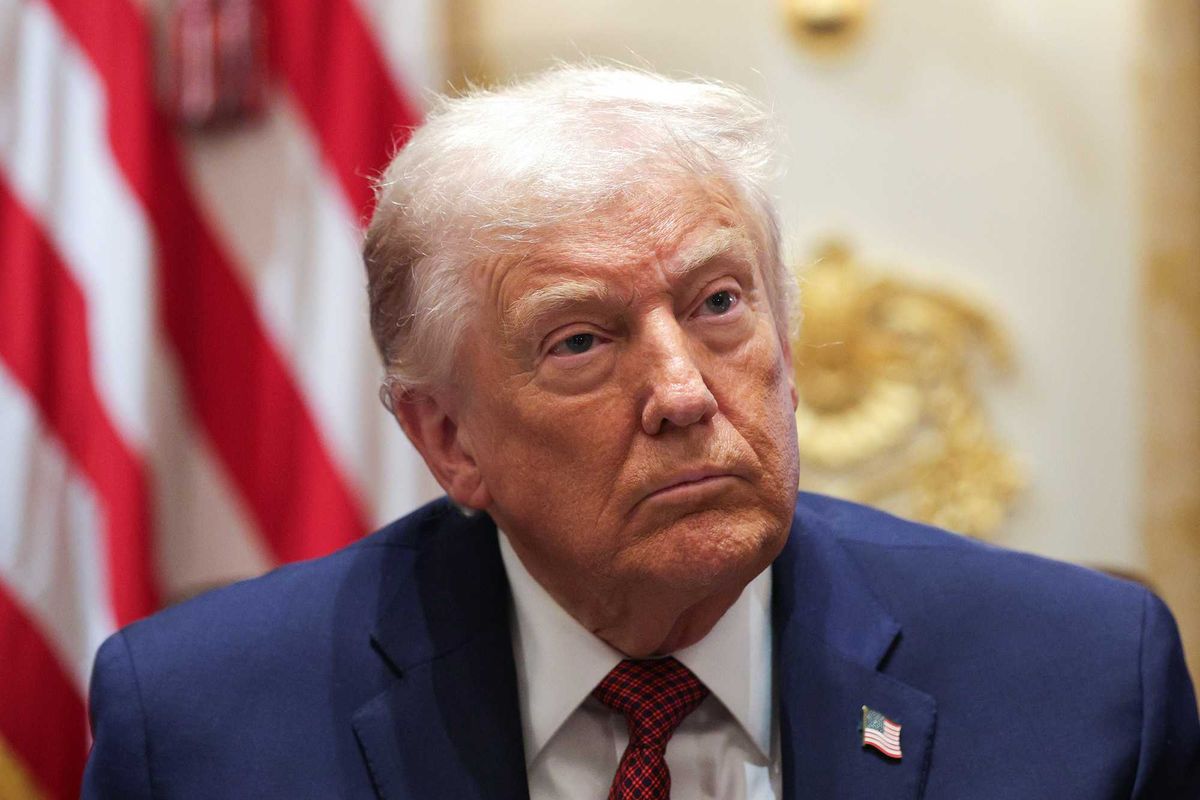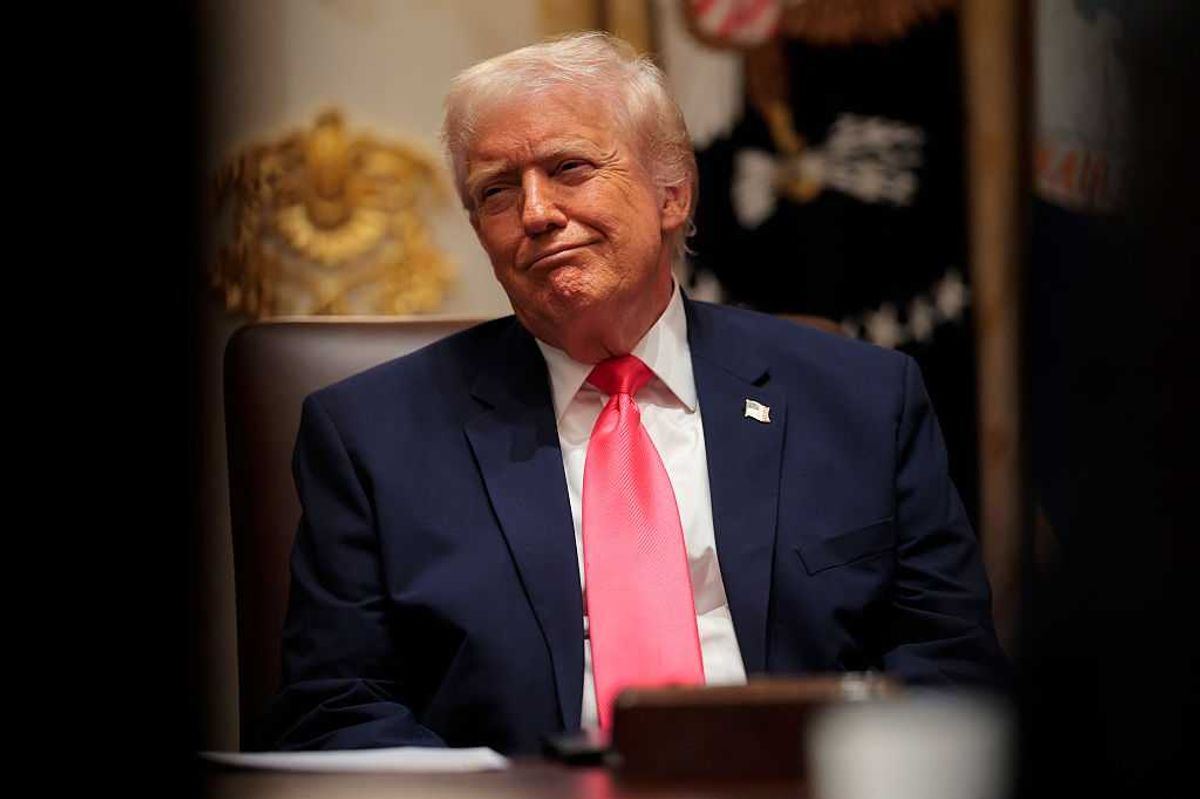
Last Saturday, every barbershop and hair salon that I walked by had either a line outside or people waiting inside.
Pubs, hairdressers, museums, country fairs and all kinds of other venues were able to reopen on “Super Saturday” last weekend – with Boris Johnson even encouraging people to go out and get a pint as a patriotic duty.
So why weren’t beauty salons?
At first glance, the similarities of the risks posed by a barber and a beauty salon are fairly obvious – close contact to someone’s face, the risks of which can be mitigated by gloves and a face shield. But a barbers is just a beauty salon for men – so why were they allowed to reopen while the thousands of women who work in the beauty industry were forced to sit on the sidelines?
There’s a pernicious, underlying reason that barbers and pubs were able to reopen while beauticians had to wait – misogyny.
While it's true of course that men attend beauty salons too, it is undoubtedly an industry associated with women. Ninety per cent of employees within the beauty sector are women, the majority of customers at beauty salons are women.
While many women see beauty treatments as a form of self-care, it's also the case that the burden of unrealistic beauty expectations is heavily placed on women, due to a patriarchal society which objectifies and sexualises women. Yet the the pursuit of beauty is often thought of as frivolous, especially by men.
Many of the women who work in beauty salons are sole traders and freelancers, breadwinners and students, and people who care deeply about their industry – some will inevitably have slipped through the cracks of the haphazard help that Rishi Sunak’s furlough scheme has offered to workers in this country. Many beauty salons are independent businesses, the kind that Rishi Sunak has said he intends to help, which makes it all the more frustrating that they weren’t allowed to reopen earlier.
Even now, the government has announced that beauty salons are able to reopen on the 13 July – closely followed by gyms, indoor swimming pools and other venues that carry a greater risk of transmission. But there’s a significant caveat – no treatments on the face are allowed. That means no threading, no sugaring, no dermaplaning, no electroblading – despite the fact that these services form a crucial part of what beauty salons offer.
The way that regulation around ‘close contact’ services is being brought in also seems counterintuitive.
Beauticians are keenly aware of the risks that they have taken on every day – even before this pandemic – when they work in such close proximity to people. Like other trained professionals, the majority of beauticians undergo training around customer safety and hygiene and have cleaning protocols in place in order to make sure that the risks of passing on or catching infections is minimal.
These protocols have existed for years – using gloves, sanitising and wiping down equipment, open and clear communication with customers, as well as operating appointment-only services. As far as industries go, the beauty industry is arguably better placed to open “Covid-safe” than many other industries which are operating under these constraints for the first time.
It seems unlikely that Boris Johnson and a group of MPs would have laughed if an MP asked about restarting construction work.
But a similar scenario happened in the House of Commons last week when William Wragg MP asked about when beauty salons would be able to reopen during PMQs.
In response, Boris Johnson said:
I am sure that one day I will go with my honourable friend to Lush Beauty, but it is a sad reality for many of those excellent businesses that they cannot yet open in the way they want.
You could hear laughter in the background of this interaction, from a predominantly male group of MPs. At the time, other MPs pointed out that it was a flippant response – livelihoods were at stake.
For the people who work in the beauty industry, it was just basically a confirmation of what many thought – that their circumstances were ones that middle class and wealthy men who write legislation would have little to no understanding of.
It’s like suggesting that museums and galleries reopen, but you can only walk around the lobby and entrance areas – or that pubs reopen, but all you can do is drink a specific kind of wine.
Beauty salons are also a vital component of the economy – the beauty industry contributes about £28.4 bn to the British economy every year, and provide apprenticeships and trainee schemes for young women. Without significant help, many may close.
If the government is going to insist that businesses can reopen, and use it as a justification to taper off the furlough scheme or support for businesses, then the government has to make sure people can continue to make a living.
It’s insulting to the women who work in the beauty industry – skilled workers doing a job that they care about – to pretend otherwise.













Donald Trump explodes at 'obnoxious' reporter